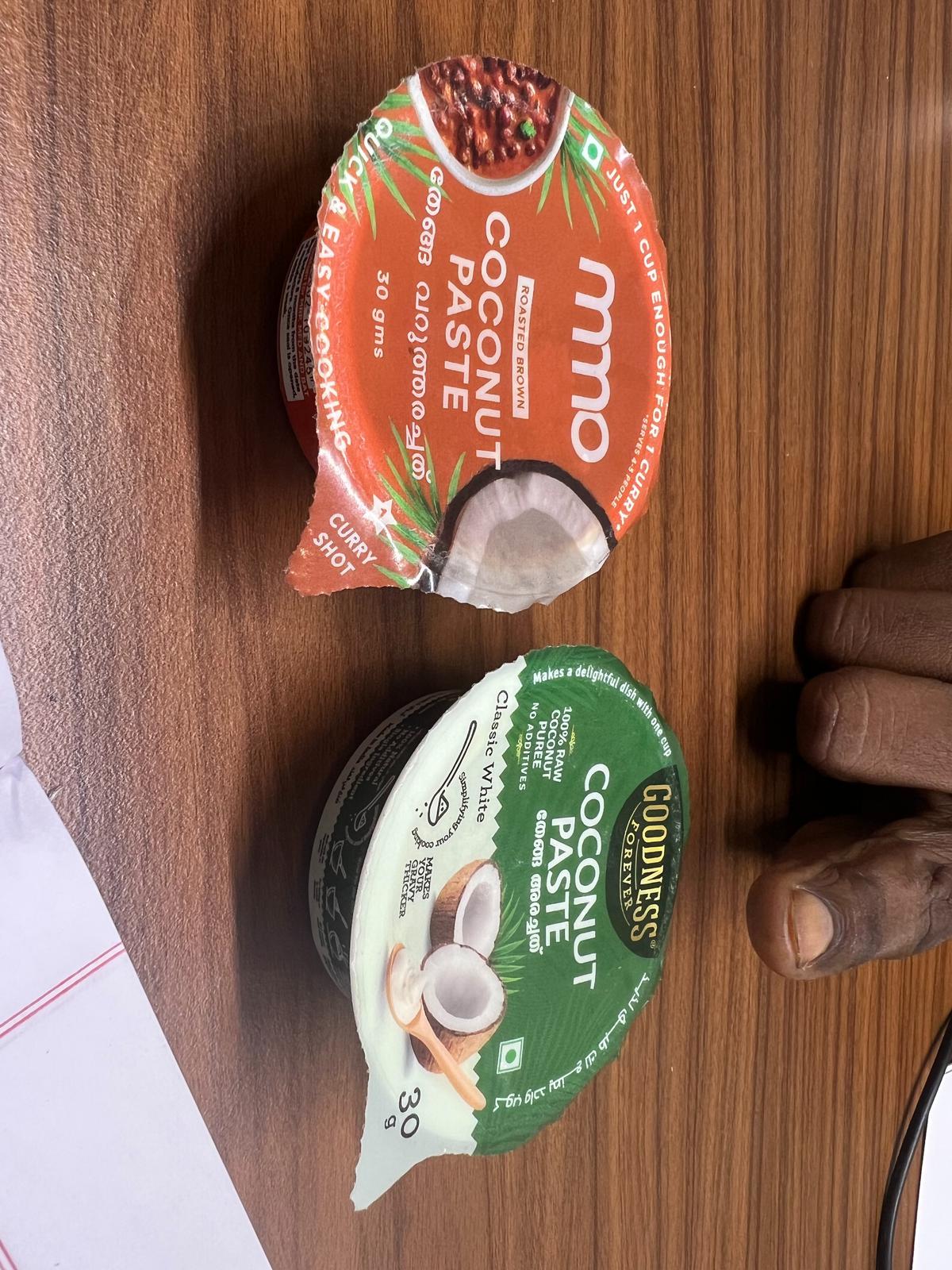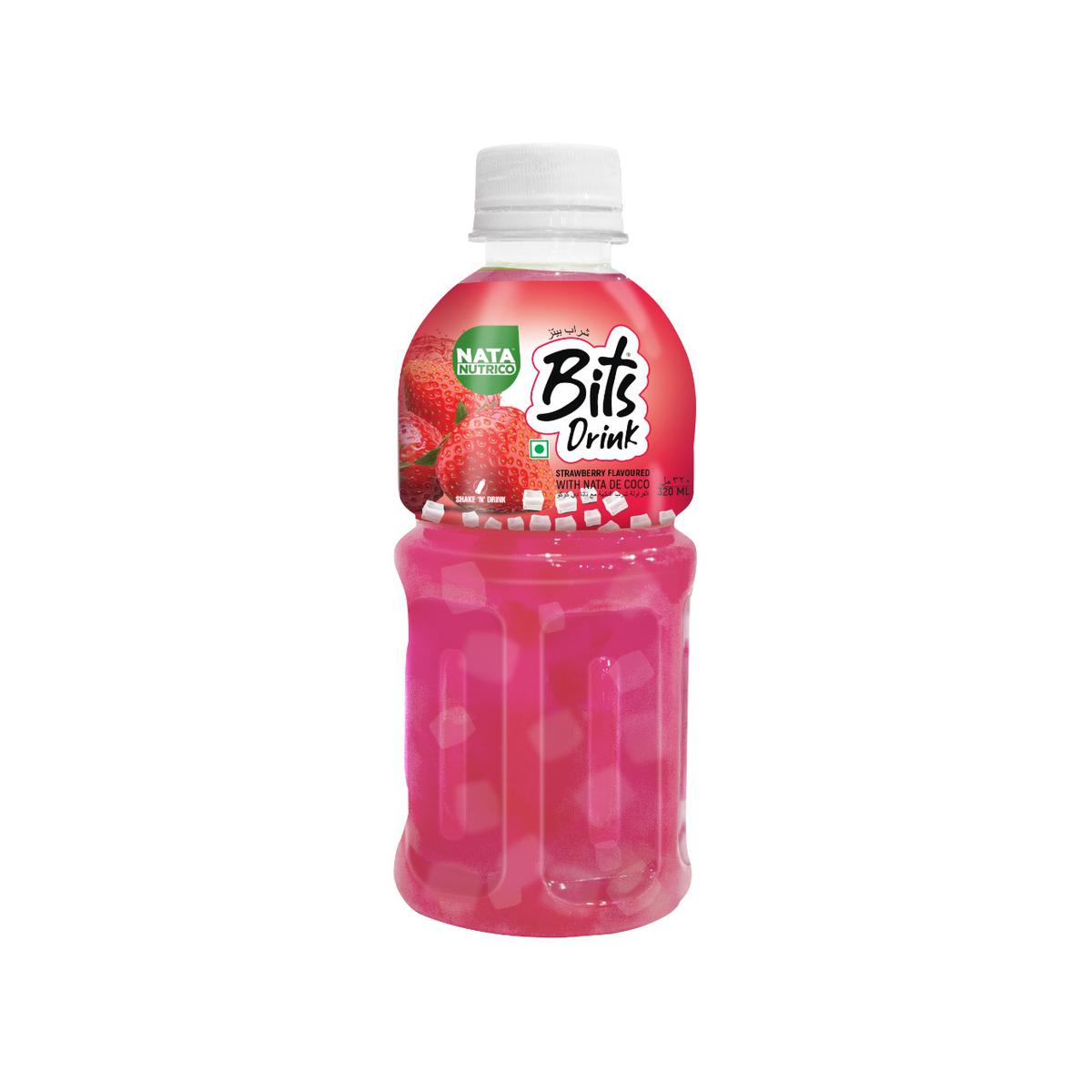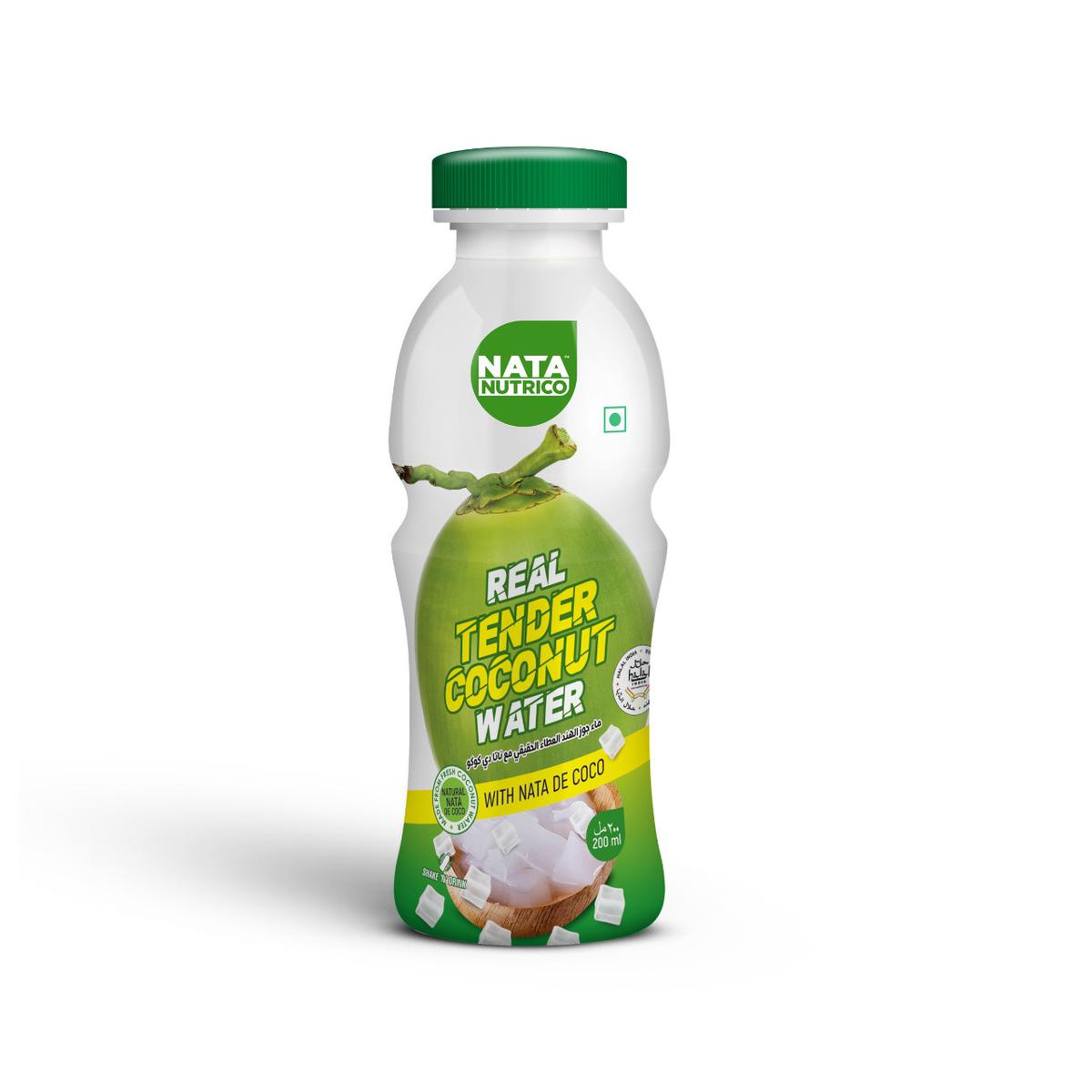[ad_1]
Value-added products from coconut—cosmetics, ready-to-cook pastes, and– gel drinks are in the spotlight
An interesting display of coconut products lie on Ubais Ali’s office table. There are bottles of different shapes, sizes and colours filled with refined, virgin, or cold pressed oil.
Executive Director of Mezhukkattil Mill Originals, Ubais, says, “Value addition to coconut is a recent phenomenon. So far, we concentrated on producing oil. Now we are researching and making more products, such as roasted coconut paste, chutney and super fine powder.”
The Aluva-based company founded in 1976 showcased two products — ready-to-use roasted coconut paste and chutney and a super fine powder, “25 microns size” to be used as coconut milk recently at the Gulf Food Exhibition in 2023.
June is coconut planting month. In Kerala the plantations have dwindled but the industry is taking a new turn with few entrepreneurs bringing value-added products to the global market.
“Though India is the second largest producer of coconuts in the world , after Indonesia, it is only eighth in value addition. We are trying hard to correct the balance,” says Ubais, comparing it with the large strides made by other industries, like olive oil.
His foray into value addition began with inquiries for a “more convenient” form of coconut as the “fruit, nut and seed,” is used daily in South Indian cooking.

“Coconut has oil, water and salt. We develop a paste from the emulsion and remove the 55 % water content. Thus, it does not decay and the paste has a shelf life of 14 months. There are no preservatives added to it.”
One of his most popular products is roasted coconut paste. “It is used in daily Kerala cuisine, in theeyal, kadala curry and non-vegetarian curries too. Roasting coconut is a delicate process. If overdone the coconut gets charred. It is tricky,” he says, adding that the paste for which they have a patent has a “mayonnaise-like” texture. The 30-gm paste(from half a coconut) in a round dip container can serve four.
Ubais stresses on the fact that the products come under the Clean Label category, a movement for natural products without additives. “The super fine coconut powder can be used as milk, in baking and is also vegan and gluten free,” he says, adding that red coconut chutney and diced coconut for desserts is on the cards.
At his factory, Ubais is setting up an Experience Centre scheduled for an October launch. It will showcase the use of value-added coconut products. “We will be offering laddoos, frappes, cakes, smoothies made with coconut and the popular chilled coconut water.”


Fermented coconut water
Meanwhile Shimwas Hussain, partner in Kannur-based Nata Nutrico is set to launch Nata Life, a dietary coconut fibre. The company started developing coconut fibre in 2010 and launched it commercially in 2018, as Nata de Coco. “Nata De Coco is made from fermented coconut milk and water. Fermentation takes 14 days. It can be consumed as a fibre supplement. In many countries it is added to rice and salads,” says Shimwas whose company produces five tons of Nata de Coco daily.
“Nata De Coco is the scientific name of coconut fibre. It is tasteless and has a crunchy texture, unique to it. It absorbs the colour and flavour of the product it is added to and therefore it is used to enhance juices, coffees, teas and desserts,” says Shimwas adding that Nata Nutrico Bits drink was their first product, which they launched in 2018.
“Our main raw material is coconut water, which we collect from Copra mills and farmers directly. This water is a burden for them and begins to ferment quickly,” he says, disclosing that they collect 5000 litres of coconut water at ₹ 10 for a litre from farmers.
An increasing demand for canned coconut water is encouraging them to develop the product, he adds.
A range of cosmetics
Pune-based company Nari’yal Cosmetics ( nariyal meaning coconut), which has its farms and factory in Thailand, has launched three cosmetic products this year – face wash, oil serum and body lotion. Partner of the firm, Rahul Patil says, “Our raw material is Thai coconut, a breed called Nam Hom. It is sweet and aromatic; the coconut is patented by the Thai government.”
The company plans to develop the line of cosmetics and make-up and launch a range of 24 products. “Coconut is very good for the skin. Its use in cosmetics has not been explored so far,” says Rahul adding that their products range from ₹499 to ₹1499 and are available online.
Deepthi Nair, Deputy General Manager, Coconut Development Board, Ernakulam, says, “The areas attached to its demand are changing. People are now more aware of the uses of coconut and hence value addition is the way forward.
Stating that there is now more awareness about plant-based alternatives, she says products such as mature coconut water( as an electrolyte), coconut vinegar, and coconut milk are in demand. Coconut milk as an alternative for the lactose intolerant is being rediscovered for its antimicrobial and anti-fungal properties. Says Deepthi, “Traditionally it was used for skin ailments, as a mosquito repellent, mouthwash and teeth whitening powder. Products for these are now being made from coconut.”
[ad_2]
Source link


